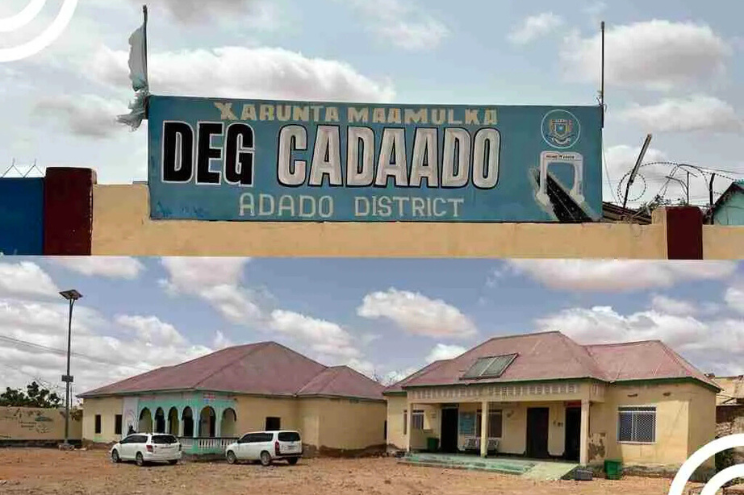
Challenges and Prospects of Local Revenue Generation in Adaado District
Revenue Generation in Adaado is Operational but Limited: Out of

Revenue Generation in Adaado is Operational but Limited: Out of
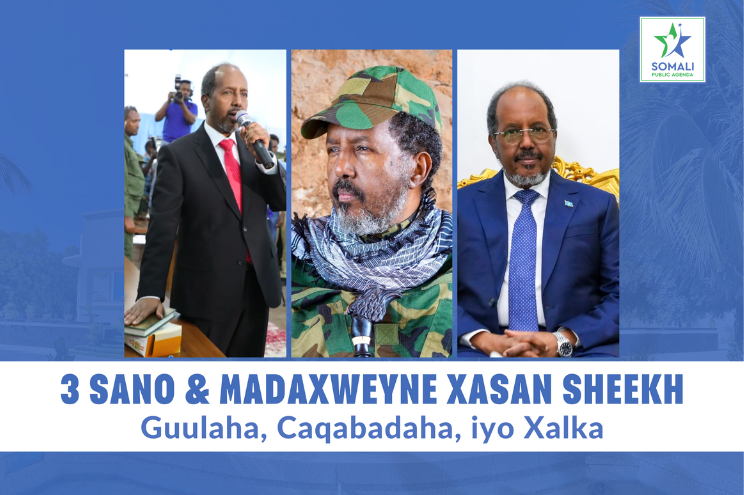
Saddex sano ka hor, 15 May 2022, Xasan Sheekh Maxamuud
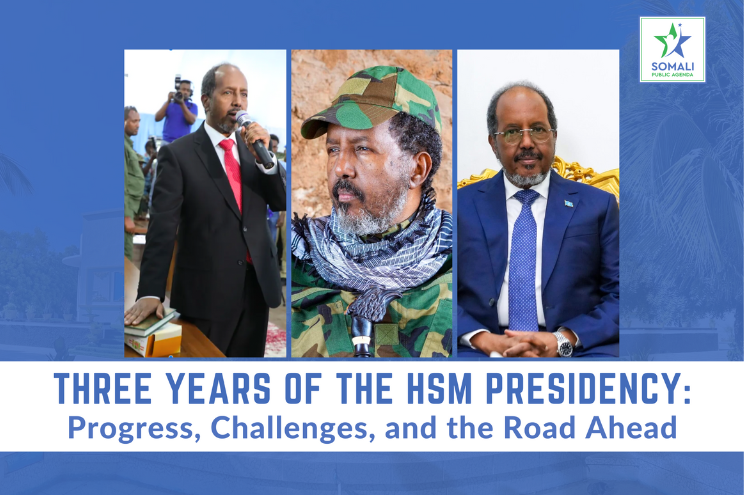
Three years ago, on 15 May 2022, Hassan Sheikh Mohamud
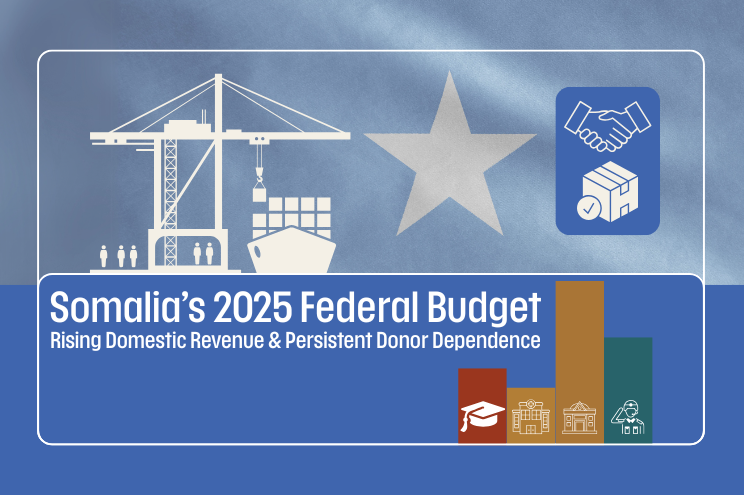
Somalia’s 2025 federal budget increased to $1.32 billion, with 67%

Jowhar’s local government faces significant challenges in revenue collection

In collaboration with the Regional Durable Solutions Secretariat (ReDSS), Somali

Maareynta maaliyadda ayaa qeyb weyn ka ah dadaallada ay deeq-bixiyeyaasha
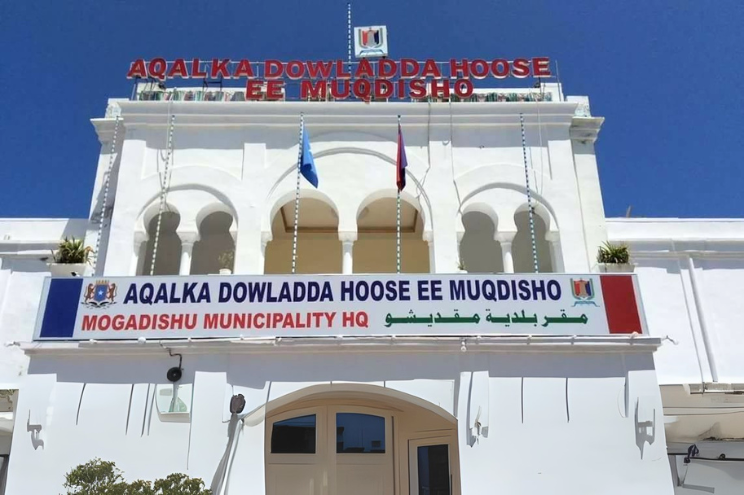
Fiscal governance has taken center stage in donor-championed efforts and

After years of conflict and instability, Somalia is entering a

The study investigates to what extent groups affected by past
Somali Public Agenda is a non-profit public policy and administration research organization based in Mogadishu. Its aim is to advance understanding and improvement of public administration and public services in Somalia through evidence-based research and analysis.
Stay updated on governance and public services in Somalia!